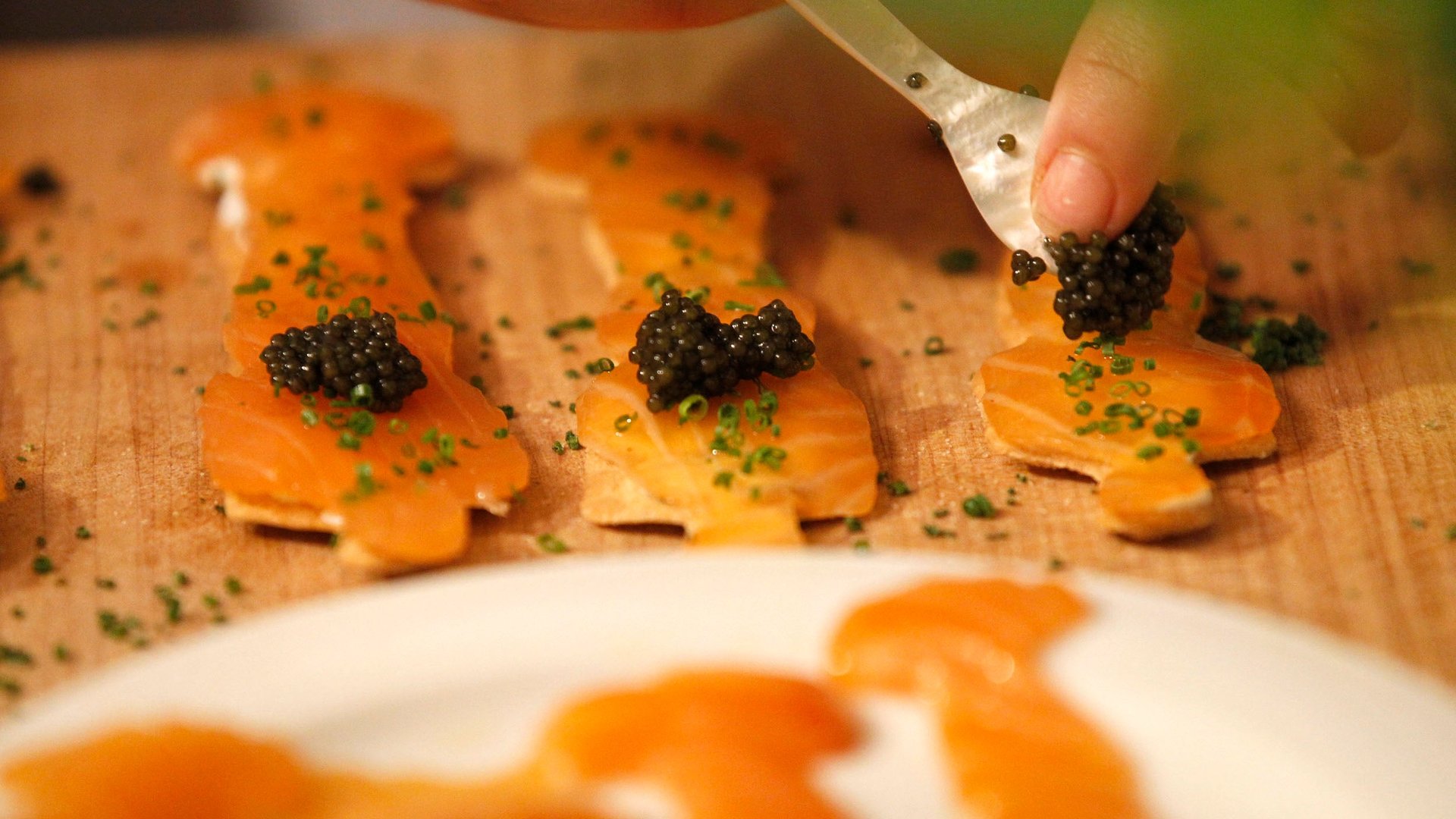Study: Why appetizers seem to taste better than the main course
Little things can make a big difference to how good food tastes: the way it is set on a plate, the place you eat, and all the stuff that contributes to the ambience. Now we can add one more thing to the list.


Little things can make a big difference to how good food tastes: the way it is set on a plate, the place you eat, and all the stuff that contributes to the ambience. Now we can add one more thing to the list.
According to a study published in Food Quality and Preferences, a delicious appetizer can make the main course less enjoyable. The study involved only 60 people, but the research gets at something that chefs and foodies have instinctively understood—that the courses affect each other to change the overall experience of the meal.
The experiment was conducted in a bistro at Drexel University in Philadelphia, unlike most food studies that are conducted in a lab. The group of participants was randomly split into two groups. The first group received a good bruschetta (grilled garlic-rubbed bread topped with a tomato salad), followed by the main course: pasta aglio e olio (the classic Italian dish of pasta with oil and garlic). The second group got a mediocre bruschetta, followed by the same main.
The “good” bruschetta used better-quality ingredients and a few extras (lemon zest, vinegar, and pepper). All the other things, such as serving plates, serving staff, and the environment, were the same. The two groups got their meals on different days, to avoid any confounding factors based on how the two appetizers looked.
After their meals, the subjects were asked to rate their courses. Balancing out how hungry the different participants were before they ate, statistical analysis showed that those having the mediocre appetizer rated their mains higher. Whereas those who had the good appetizer weren’t as pleased with their mains.
What this suggests is that diners at least subconsciously compare their courses. The researchers believe those who got the good appetizer had a greater “hedonic contrast” between their first and second courses, which they hypothesized affected their judgment of the main course.
While the result is interesting, the study raises some questions. What would happen if the main course was not a simple pasta but something else? Would different types of cuisine produce different results? How would fewer or more courses affect the experience?
Still, the research provides the first evidence-based answer to a question diners have wondered about: Why does the appetizer seem to taste better than the main course?